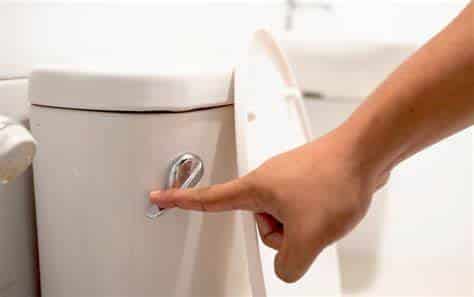5 Things You Should Not Flush Down Your Toilet In Denver
Your toilet may seem like a magical portal that makes waste disappear with a simple flush, but it’s important to remember that not everything can safely go down the drain. Flushing the wrong items can lead to costly plumbing issues, environmental problems, and even health hazards. In this article, we’ll discuss five things you should never flush down your toilet to protect your home, the environment, and public health.
-
Baby Wipes
Baby wipes are incredibly convenient for cleaning up messes, but they are not designed to disintegrate in water like toilet paper. Flushing baby wipes down the toilet can lead to blockages in your pipes and even sewage backups. Instead of flushing them, dispose of baby wipes in the trash to avoid plumbing nightmares.
-
Feminine Hygiene Products
Tampons, sanitary pads, and other feminine hygiene products should never be flushed down the toilet. These items do not break down easily in water and can accumulate in your plumbing, leading to clogs. Additionally, they can cause serious problems in sewage systems, requiring costly repairs. Always wrap these items in toilet paper and dispose of them in the trash.
-
Medications
Flushing unused or expired medications down the toilet may seem like a convenient disposal method, but it’s an environmental hazard. These chemicals can contaminate water supplies, harm aquatic life, and find their way back into our drinking water. Instead, take unused medications to a local pharmacy or participate in a drug take-back program to ensure safe disposal.
-
Paper Towels and Tissues
While toilet paper is designed to break down easily in water, paper towels and tissues are not. Flushing them down the toilet can lead to blockages in your plumbing. In times of emergency, when toilet paper may be in short supply, it’s crucial to remember that these alternatives should not be used as a replacement. Dispose of paper towels and tissues in the trash to prevent plumbing issues.
-
Dental Floss
Dental floss may seem harmless, but it can wreak havoc on your plumbing. It doesn’t break down in water and can tangle with other debris in your pipes, creating stubborn blockages. Instead of flushing dental floss, dispose of it in the trash.
FAQs
Can I Flush “Flushable” Wipes Down The Toilet?
“Flushable” wipes are marketed as safe for toilets, but they can still cause plumbing problems. These wipes don’t disintegrate as quickly as toilet paper and can contribute to clogs in your pipes. It’s best to avoid flushing them and dispose of them in the trash.
Are All Medications Harmful If Flushed Down The Toilet?
Most medications should not be flushed down the toilet due to their potential environmental impact. However, some medications come with specific disposal instructions that you should follow. Always consult your pharmacist or local guidelines to ensure proper disposal.
What Should I Do If I Accidentally Flush Something I Shouldn’t Have?
If you accidentally flush an item that should not be in the toilet, don’t panic. First, avoid flushing anything else down the toilet. You can try using a plunger to clear minor clogs. If the problem persists or worsens, it’s best to call a professional plumber to prevent further damage to your plumbing.
Conclusion
Flushing the wrong items down your toilet may seem like a small oversight, but it can lead to significant problems for your plumbing, the environment, and public health. By avoiding the five items mentioned in this article—baby wipes, feminine hygiene products, medications, paper towels, and dental floss—you can protect your home from costly repairs, reduce your environmental footprint, and contribute to cleaner water sources for all. Remember to dispose of these items properly in the trash to keep your toilet and the world beyond it in good working order.
For more information related to plumbing services, contact Drain Pros Plumbing Denver at (720) 664-8988.

